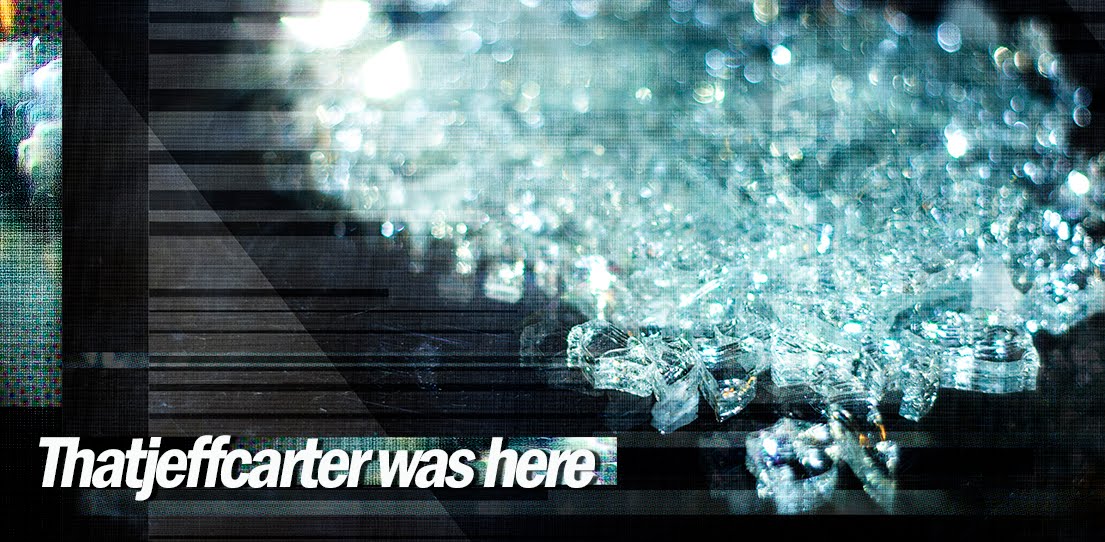We have a collision of
holidays (that is “holy days”) this week.
On Thursday many Americans will celebrate the national day of
Thanksgiving – those that aren’t working at one of those major retail outfits
to support our national gross consumerism.
They will sit down to turkey dinners and stuffing and sweet potatoes and
pumpkin pie as tradition demands to celebrate that national day of
"Thanksgiving and Praise to our beneficent Father who dwelleth in the
Heavens," inaugurated by Abraham Lincoln in 1863.
And by a fluke of the calendar, Thursday also marks the beginning of the Jewish Festival of Lights this year (2013). Hanukah is the eight day long celebration of the rededication temple in Jerusalem after the victories won by Judas Maccabees and his armies against Antiochus Epiphanes IV.
Next Sunday we enter officially into the season of Advent – when it begins to become acceptable to sing those Christmas carols. This is only Advent, however. Despite the Christmas creep that starts Christmas earlier and earlier each year to support our national gross consumerism, the (Christian) Christmas season (as opposed to the secular / economic season) doesn’t begin until December 25th.
So we have Thanksgiving, Hanukah, and Advent in mind – and the lectionary reading for this morning (Luke 23: 33 – 43) brings us back around again to Good Friday. This is not an accident. This is not a fluke of the calendar. This is not the result of poor planning or just a random selection of scripture. Those who designed the liturgical calendar of the Christian Church chose this reading for this Sunday in order to bring our attention back around to Jesus’ execution and death at the very moment that we are beginning to prepare our hearts and minds (through Advent) to remember his birth. We do this to remind ourselves of the real reason of the season.
And by a fluke of the calendar, Thursday also marks the beginning of the Jewish Festival of Lights this year (2013). Hanukah is the eight day long celebration of the rededication temple in Jerusalem after the victories won by Judas Maccabees and his armies against Antiochus Epiphanes IV.
Next Sunday we enter officially into the season of Advent – when it begins to become acceptable to sing those Christmas carols. This is only Advent, however. Despite the Christmas creep that starts Christmas earlier and earlier each year to support our national gross consumerism, the (Christian) Christmas season (as opposed to the secular / economic season) doesn’t begin until December 25th.
So we have Thanksgiving, Hanukah, and Advent in mind – and the lectionary reading for this morning (Luke 23: 33 – 43) brings us back around again to Good Friday. This is not an accident. This is not a fluke of the calendar. This is not the result of poor planning or just a random selection of scripture. Those who designed the liturgical calendar of the Christian Church chose this reading for this Sunday in order to bring our attention back around to Jesus’ execution and death at the very moment that we are beginning to prepare our hearts and minds (through Advent) to remember his birth. We do this to remind ourselves of the real reason of the season.
“…Christmas is not
really the acme of the liturgical year.
Christmas simply commemorates, not celebrates, the historical birth of
Jesus, whenever that might have been. Because of Christmas, the life of Jesus
was possible. Because of Christmas, the
Incarnation can be fulfilled at Easter.
Because of Christmas the humanity of Jesus is a fact. But the birth of Jesus is not the central
meaning of the faith. On the contrary,
it is the death and resurrection of Jesus that are the core of Christianity
(Chittister, 54-55).”[i]
Christianity existed –
flourished even – in the early centuries without Christmas. The earliest Christians got along just fine
without Christmas. The Apostle Paul
doesn’t say anything about the birth of Jesus except that “when the fullness of
time had come, God sent his Son, born of a woman, born under the law…”[ii]
Two of the four Gospels included in our bibles say nothing about his birth. Because his birth, while it begins his story,
and locates it in a specific place and in a particular time, is not the
important part of the story. It’s only
the beginning of the story. But all four
gospels, the apostle Paul, and the earliest Christians celebrated the death and
resurrection of Jesus.
As we enter into this collision of holidays, as we venture out into the hustle and bustle (and frenzy!) of holiday traditions, and gross consumerism, as we are gathering to remember to give thanks, and as we begin to prepare ourselves through the season of Advent, let’s remember that the sacrificial death and the glorious resurrection is what’s important here.
Good Friday is more important than Black Friday
“Father forgive them,” is more important than gifts from Father Christmas
“Today, you will be with me in Paradise” is more important than “Away in a Manger.”
This is the reason for the Season.
As we enter into this collision of holidays, as we venture out into the hustle and bustle (and frenzy!) of holiday traditions, and gross consumerism, as we are gathering to remember to give thanks, and as we begin to prepare ourselves through the season of Advent, let’s remember that the sacrificial death and the glorious resurrection is what’s important here.
Good Friday is more important than Black Friday
“Father forgive them,” is more important than gifts from Father Christmas
“Today, you will be with me in Paradise” is more important than “Away in a Manger.”
This is the reason for the Season.




No comments:
Post a Comment